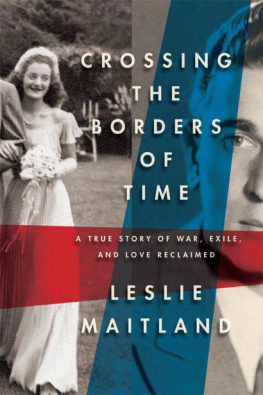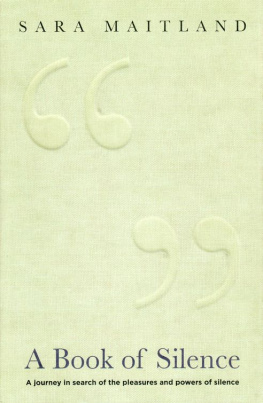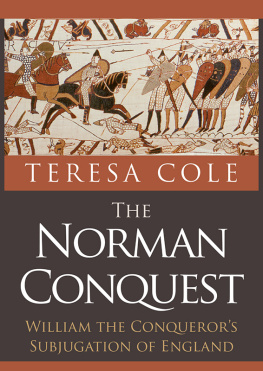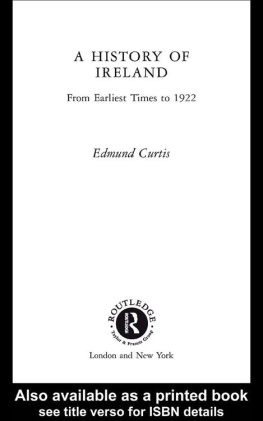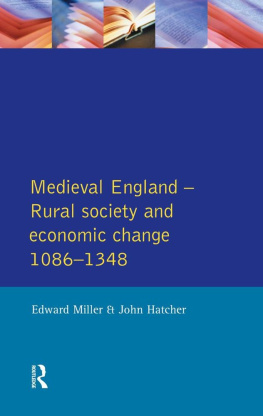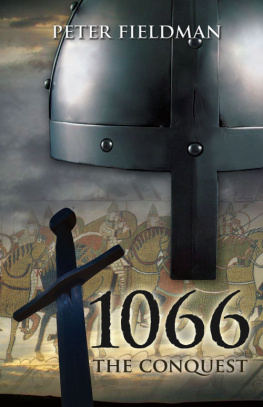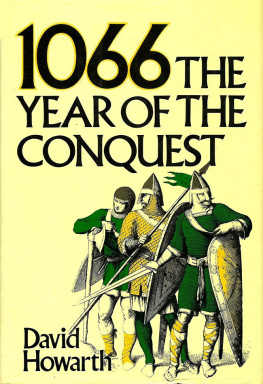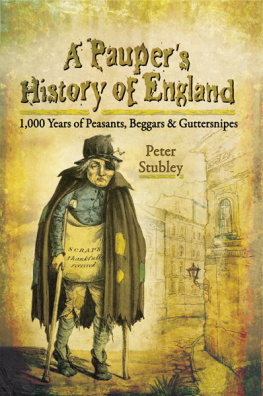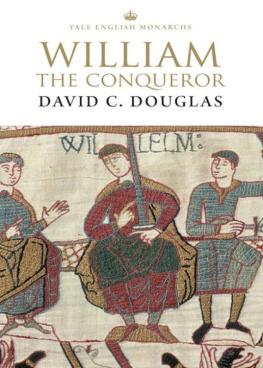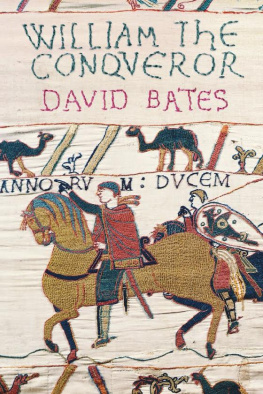DOMESDAY BOOK AND BEYOND
Three Essays in the Early History of England
F. W. MAITLAND

This 2012 edition published by Barnes & Noble, Inc.
All rights reserved. No part of this publication may be reproduced, stored in a retrieval system, or transmitted, in any form or by any means, electronic, mechanical, photocopying, recording, or otherwise, without prior written permission from the publisher.
Barnes & Noble, Inc.
122 Fifth Avenue
New York, NY 10011
ISBN: 978-1-4114-4856-8
PREFACE
THE greater part of what is in this book was written in order that it might be included in the History of English Law before the Time of Edward I. which was published by Sir Frederick Pollock and me in the year 1895. Diverse reasons dictated a change of plan. Of one only need I speak. I knew that Mr Round was on the eve of giving to the world his Feudal England, and that thereby he would teach me and others many new lessons about the scheme and meaning of Domesday Book. That I was well advised in waiting will be evident to everyone who has studied his work. In its light I have suppressed, corrected, added much. The delay has also enabled me to profit by Dr Meitzen's Siedelung und Agrarwesen der Germanen, a book which will assuredly leave a deep mark upon all our theories of old English history.
The title under which I here collect my three Essays is chosen for the purpose of indicating that I have followed that retrogressive method 'from the known to the unknown,' of which Mr Seebohm is the apostle. Domesday Book appears to me, not indeed as the known, but as the knowable. The Beyond is still very dark: but the way to it lies through the Norman record. A result is given to us: the problem is to find cause and process. That in some sort I have been endeavouring to answer Mr Seebohm, I can not conceal from myself or from others. A hearty admiration of his English Village Community is one main source of this book. That the task of disputing his conclusions might have fallen to stronger hands than mine I well know. I had hoped that by this time Prof. Vinogradoff's Villainage in England would have had a sequel. When that sequel comes (and may it come soon) my provisional answer can be forgotten. One who by a few strokes of his pen has deprived the English nation of its land, its folk-land, owes us some reparation. I have been trying to show how we can best bear the loss, and abandon as little as may be of what we learnt from Dr Konrad von Maurer and Dr Stubbs.
For my hastily compiled Domesday Statistics I have apologized in the proper place. Here I will only add that I had but one long vacation to give to a piece of work that would have been better performed had it been spread over many years. Mr Corbett, of King's College, has already shown me how by a little more patience and ingenuity I might have obtained some rounder and therefore more significant figures. But of this it is for him to speak.
Among the friends whom I wish to thank for their advice and assistance I am more especially grateful to Mr Herbert Fisher, of New College, who has borne the tedious labour of reading all my sheets, and to Mr W. H. Stevenson, of Exeter College, whose unrivalled knowledge of English diplomatics has been generously placed at my service.
F. W. M.
20 January 1897.
LIST OF ABBREVIATIONS
B. = Birch, Cartularium Saxonicum, London, 1885793.
D. B. = Domesday Book.
E. = Earle, Land Charters, Oxford, 1888.
E. H. R. = English Historical Review.
H. & S. = Haddan and Stubbs, Councils and Ecclesiastical Documents, vol. iii, Oxford, 1871.
K. = Kemble, Codex Diplomaticus vi Saxonici, London, 183948.
T. = Thorpe, Diplomatarium Anglicanum, London, 1865.
ADDENDUM.
See endnote . Instances of the periodic reallotment of the whole land of a vill, exclusive of houses and crofts, seem to have been not unknown in the north of England. Here the reallotment is found in connexion with a husbandry which knows no permanent severance of the arable from the grass-land, but from time to time ploughs up a tract and after a while allows it to become grass-land once more. See F. W. Dendy, The Ancient Farms of Northumberland, Archaeologia Aeliana, Vol. xvi. I have to thank Mr Edward Bateson for a reference to this paper.
. We dare not represent the stream of economic history as flowing uninterruptedly from a system of labour services to a system of rents. We must remember that in the Conqueror's reign the lord very often had numerous serfs whose whole time was given to the cultivation of his demesne. In the south-western counties he will often have two, three or more serfs for every team that he has on his demesne, and, while this is so, we can not safely say that his husbandry requires that the villeins should be labouring on his land for three or four days in every week.
As a last question we may ask: What was the English for villanus? It is a foreign word, one of those words which came in with the Conqueror. Surely, we may argue, there must have been some English equivalent for it. Yet we have the greatest difficulty in finding the proper term. True that in the Quadripartitus and the Leges villanus generally represents ceorl; ceorl when it is not rendered by villanus is left untranslated in some such form as cyrliscushomo. But then ceorl must be a wider word than the villanus of Domesday Book, for it has to cover all the non-noble free men; it must comprehend the numerous sochemanni and liberihomines of northern and eastern England. This in itself is not a little remarkable; it makes us suspect that some of the lines drawn by Domesday Book are by no means very old; they can not be drawn by any of those terms that have been current in the Anglo-Saxon dooms or which still are current in the text-books that lawyers are compiling. To suppose that villanus is equivalent to gebr is impossible; we have the best warrant for saying that the Latin for gebr is not villanus but colibertus.
The class of villeins may well be heterogeneous. It may well contain (so we think) men who, or whose ancestors, have owned the land under a political supremacy, not easily to be distinguished from landlordship, that belongs to the king; and, on the other hand, it may well contain those who have never in themselves or their predecessors been other than the tenants of another man's soil. In some counties on the Welsh march there are groups of hospites who in fact or theory are colonists whom the lord has invited onto his land. We have no warrant for thinking that the peasants, the common 'townsmen,' obtained from the king any covenanted mercies. They were handed over to new lords, who were very free in fact, if not in theory, to get out of them all that could be got without gross cruelty.
We are not left to speculate about this matter. In after days those who were likely to hold a true tradition, the great financier of the twelfth, the great lawyer of the thirteenth century, believed that there had been a catastrophe. As a result of the Conquest, the peasants, at all events some of the peasants, had fallen from their free estate; free men, holding freely, they had been compelled to do unfree services. But if we need not rely upon speculation, neither need we rely upon tradition. Domesday Book is full of evidence that the tillers of the soil are being depressed.
Here we may read of a free man with half a hide who has now been made one of the villeins. 'It can not pay,' 'it can hardly pay,' 'it could not stand' the rent, such are the phrases that we hear. If the lord gets the most out of the farmer to whom he has leased the manor, we may be sure that the farmer is making the most out of the villeins.


